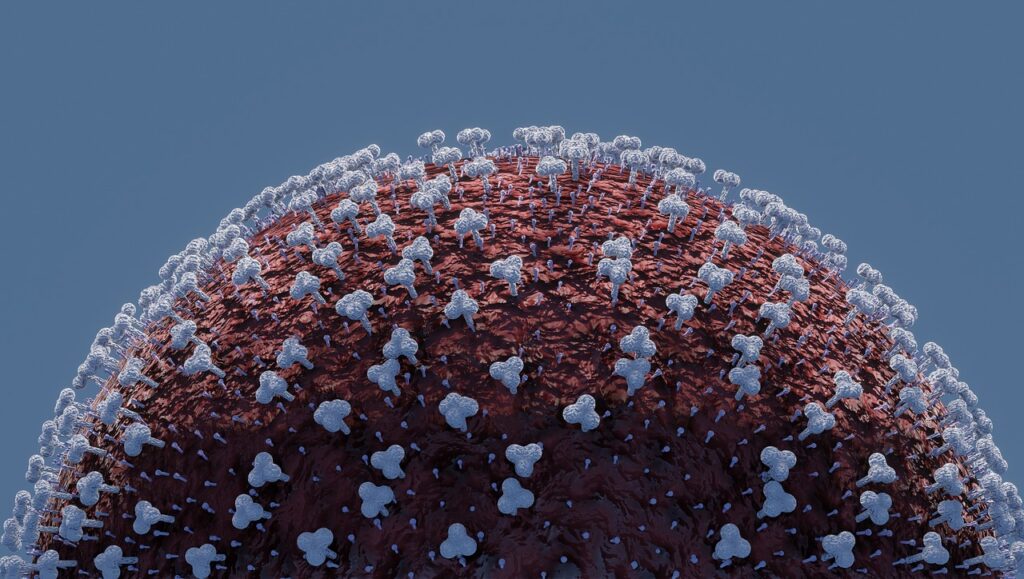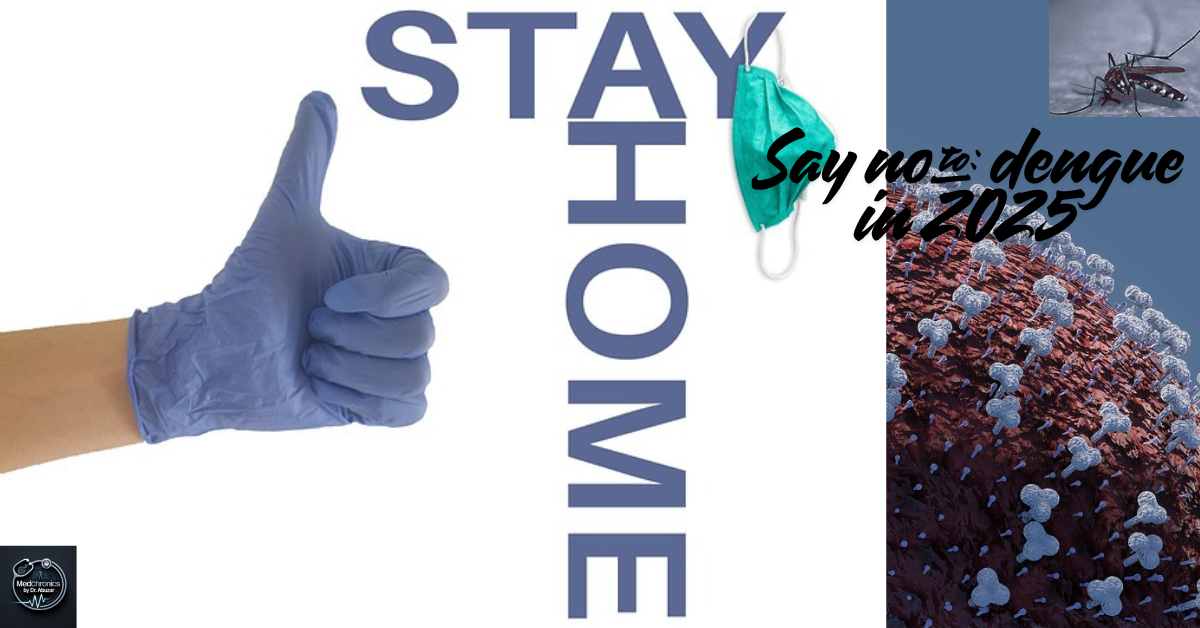What Is Dengue Fever?
An Aedes mosquito, often the “Aedes aegypti” type, can bite you and cause dengue disease.
These mosquitoes carry a virus—actually, four different types of it (called DENV-1, DENV-2, DENV-3, and DENV-4)—that makes you sick. It’s common in warm, tropical places like parts of Asia, the Caribbean, and South America, but it’s spreading to new areas like Florida and Texas because of travel and warmer weather.
Dengue can have symptoms resembling a harsh case of the flu, including a high temperature, headaches, rash, and painful muscles. For most people, it gets better in a week with rest and water. But sometimes, it turns serious, causing bad stomach pain, bleeding, or trouble breathing. This serious kind, called severe dengue, needs a doctor right away. Anyone—kids, adults, or grandparents—can get it where mosquitoes live, so let’s learn how to stay safe.
Table of Contents
A Personal Story: When Dengue Hit Close to Home
Last summer, my friend Arin was thrilled for his trip to Thailand. He chose to sample regional foods and explore beaches. But a week into his trip, he felt awful—fever, aches, and so tired he couldn’t move. He thought it was just jet lag, but a doctor diagnosed him with dengue. Instead of enjoying his vacation, he was stuck in bed. Arin’s okay now, but his story shows dengue can surprise anyone. Have you or someone you know faced dengue? Share in the comments to help others!
How Big Is Dengue in 2025?
Dengue is a big deal worldwide. Here’s what’s happening in 2025:
- Globally: Over 6 million cases and 7,552 deaths across 90 countries, especially in Southeast Asia, South America, and the Caribbean (WHO).
- Americas: About 3.45 million cases by mid-2025, down from 2024’s huge 13 million cases and 8,186 deaths, but still above average (PAHO).
Asia:
- Bangladesh: 3,972 cases, fewer deaths than last year (23 vs. 41).
- Philippines: Around 100,000 cases, including a big outbreak in Quezon City.
- Sri Lanka: Nearly 20,000 cases.
- Thailand, Vietnam, Malaysia: Fewer cases than 2024.
- Africa: Six fatal accidents and more than 7,000 cases already.
- USA: : More than 760,000 cases, primarily in the US and Puerto Rico. Virgin Islands. Florida, California, and Texas see cases from travelers bringing the virus (CDC).
These numbers show dengue is active, and we need to stay alert.
Why Monsoon Season Makes Dengue Worse
Rainy seasons, like the monsoon from June to August, are when dengue spreads fast. Rain leaves puddles in pots, tires, or drains—perfect spots for mosquitoes to lay eggs. Warm weather and humidity help mosquitoes grow and spread the virus quicker. More mosquito houses are produced in urban areas with inadequate drainage. For example, India saw 193,000 cases in 2023, mostly during monsoon months. We need to take action today because the same pattern is continuing in 2025.
What Does Dengue Feel Like?
Dengue starts suddenly with:
- High fever (102°F or higher).
- Bad headaches and pain behind your eyes.
- Sore muscles and joints, like your whole body hurts.
- An allergic reaction that often shows up two to five days after the fever.
- Mild bleeding, such as gum or nasal bleeding. -A bad feeling or the need to urinate
After resting and ingesting fluids, the majority recover in a week. But watch out for serious signs, usually 3–7 days after the fever starts:
- Strong stomach pain.
- Throwing up a lot (3+ times a day).
- Bleeding in your nose or gums, or vomit or stool.
- Feeling very tired or restless.
- Fast or hard breathing.
If you see these, get to a hospital fast. Dengue can also cause brain or nerve problems in some cases, especially in kids or older folks, so don’t wait.

How Do Doctors Know It’s Dengue?
Doctors use blood tests to check for dengue:
- The NS1 test: detects the virus within the first seven to nine days.
- IgM Test: Shows up 4–5 days after symptoms, proving recent infection.
- IgG Test: Shows if you had dengue before.
- PCR Test: It is highly accurate and detects the infection early.
See a doctor if you feel sick—don’t take medicines like aspirin or ibuprofen, as they can make bleeding worse. Use paracetamol for fever or pain instead.
How to Stop Dengue
You can fight dengue with simple steps:
- Clear Water: Check your home weekly for still water in pots, tires, or buckets. To prevent mosquitoes from breeding, empty or cover them.
- Protect Yourself: Use repellents with DEET or picaridin, wear long sleeves, and use mosquito nets when sleeping. Keep yourself indoors during the early hours of the day because mosquitoes are most active.
- Join Community Efforts: Many places, like Mumbai, do “Dry Days” to clean up breeding spots. Ask your local leaders about cleanups or fogging (spraying to kill mosquitoes).
- Vaccines: Two vaccines exist—‘Dengvaxia’ (only for people who’ve had dengue before) and ‘Qdenga’ (safer for more people). To find out if they’re right for you, consult a physician.
Treating Dengue
There’s no special medicine for dengue, but you can help your body recover:
- Take plenty of rest as possible.
- Drink lots of water or electrolyte drinks to stay hydrated.
- If you have a fever or pain, take paracetamol in place of ibuprofen or aspirin.
- Watch for serious signs like bad stomach pain or bleeding, and get to a hospital fast if they show up.
Why Dengue Fever Matters in 2025
Dengue is a big challenge because:
- Dengue (Aedes Mosquito) can spike fast, like Argentina’s 500,000 cases in 2024.
- Since travelers convey the virus, cases are more unpredictable.
- Warmer weather and rain are helping mosquitoes spread to new places.
Bright Spots: Communities Fighting Back
Good news! Some places are winning against dengue. Singapore uses special mosquitoes (with Wolbachia bacteria) to cut cases by up to 57%. In India, cities like Bhubaneswar run cleanups that shrink mosquito homes. You can help by joining or starting a cleanup in your area!
Stay Informed
Check updates from:
Let’s Fight Dengue Together
Dengue’s tough, but you can help stop it. Clear water, use repellent, or share this post to spread awareness. Got a tip or story? You can tag a buddy or leave a comment. Let’s make 2025 dengue-free!
Busting Dengue Myths
Myth: Dengue only happens in tropical places.
Fact: It’s spreading to new areas like the USA and Europe
Myth: Mosquitoes can only reproduce in unclean water.
Fact: They love *any* still water, clean or dirty, like in vases or buckets.
Myth: Dengue is treated with papaya leaf juice.
Fact: There’s no proof it works. Stick to doctor’s advice.
Myth: Dengue can transmit from one person to another.
Fact: It can only be carried by mosquito bites.
Frequently Asked Questions
Q: Can I get dengue more than once?
Yes, with different virus types. Each time can be worse.
Q: How soon do symptoms start?
4–10 days after a bite.
Q: Is dengue contagious?
No, only mosquitoes spread it.
Q: When is it riskiest?
June–August during monsoon in many places.
Q: Are kids and elderly at higher risk?
Yes, they can get sicker.

Nice 👍